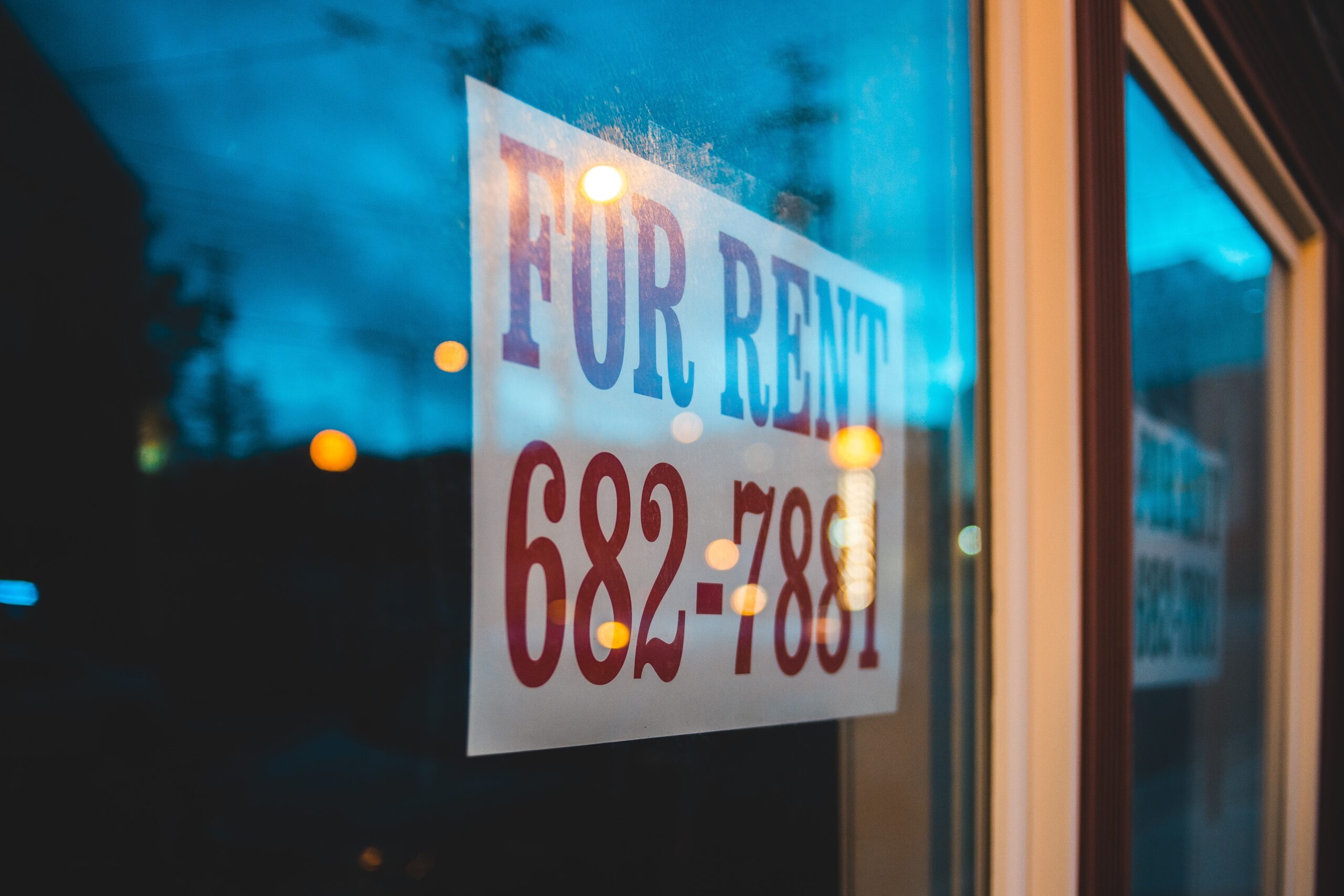The Duty of Care: How Property Owners’ Responsibilities Affect Your Legal Rights

In today’s complex legal landscape, understanding your rights and responsibilities as a property owner or visitor is paramount. The Duty of Care, a fundamental legal principle, plays a pivotal role in determining liability in personal injury cases. In this blog post, we will delve into the intricacies of the Duty of Care, examining how property owners’ responsibilities can significantly impact your legal rights.
What is the Duty of Care?
The Duty of Care is a legal concept that stipulates individuals and entities owe a reasonable degree of care to prevent harm to others while on their property or within their sphere of influence. In essence, it is a moral and legal obligation to take steps to avoid foreseeable harm to others. This principle underpins a wide array of personal injury cases, including slip and fall accidents, negligent security claims, and more.
Property Owners’ Responsibilities
Property owners, whether they own residential, commercial, or public spaces, have a specific set of responsibilities under the Duty of Care. These responsibilities include:
Maintenance and Repairs: Property owners are obligated to maintain their premises in a safe and hazard-free condition. This entails promptly addressing structural defects, ensuring adequate lighting, repairing slippery surfaces, and taking measures to prevent foreseeable dangers.
Warning Signs: When potential hazards exist on the property, property owners should provide adequate warning signs or barriers to alert visitors to the risks. For instance, wet floor signs should be used in areas where floors are recently cleaned or are slippery.
Security Measures: In cases where property owners reasonably foresee criminal activity on their premises, they have a duty to implement reasonable security measures to protect visitors from harm. This may include installing security cameras, hiring security personnel, or implementing access control measures.
Compliance with Building Codes: Property owners must adhere to local building codes and regulations. Failure to do so can result in significant legal liability if someone is injured as a result of code violations.
Legal Rights and Recourse
Understanding your legal rights as a visitor or tenant is essential when it comes to the Duty of Care. If you are injured on someone else’s property due to their negligence, you may have legal recourse. Here are some key points to consider:
Establishing Negligence: To hold a property owner liable, you must demonstrate that they breached their Duty of Care by failing to take reasonable steps to prevent harm. You must also prove that their breach of duty directly caused your injuries.
Comparative Negligence: In some cases, the injured party may share some degree of responsibility for their injuries. State laws vary, but in many jurisdictions, the injured party’s recovery may be reduced proportionally to their level of fault.
Seek Legal Counsel: If you believe you have a valid personal injury claim based on a property owner’s breach of the Duty of Care, it is crucial to consult with an experienced attorney. They can assess the merits of your case, guide you through the legal process, and help you pursue compensation for your injuries.
The Duty of Care is a fundamental legal principle that underscores the responsibilities property owners have toward visitors and tenants. Understanding the Duty of Care can significantly impact your legal rights in personal injury cases. If you’ve been injured due to a property owner’s negligence, don’t hesitate to seek legal counsel to protect your rights and pursue the compensation you deserve. Remember, knowledge is your greatest ally in navigating the intricate web of property owner responsibilities and personal injury law.
